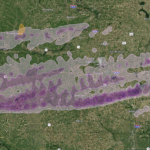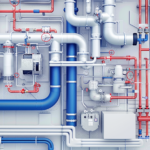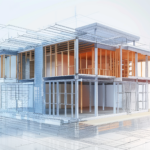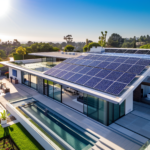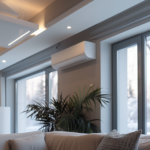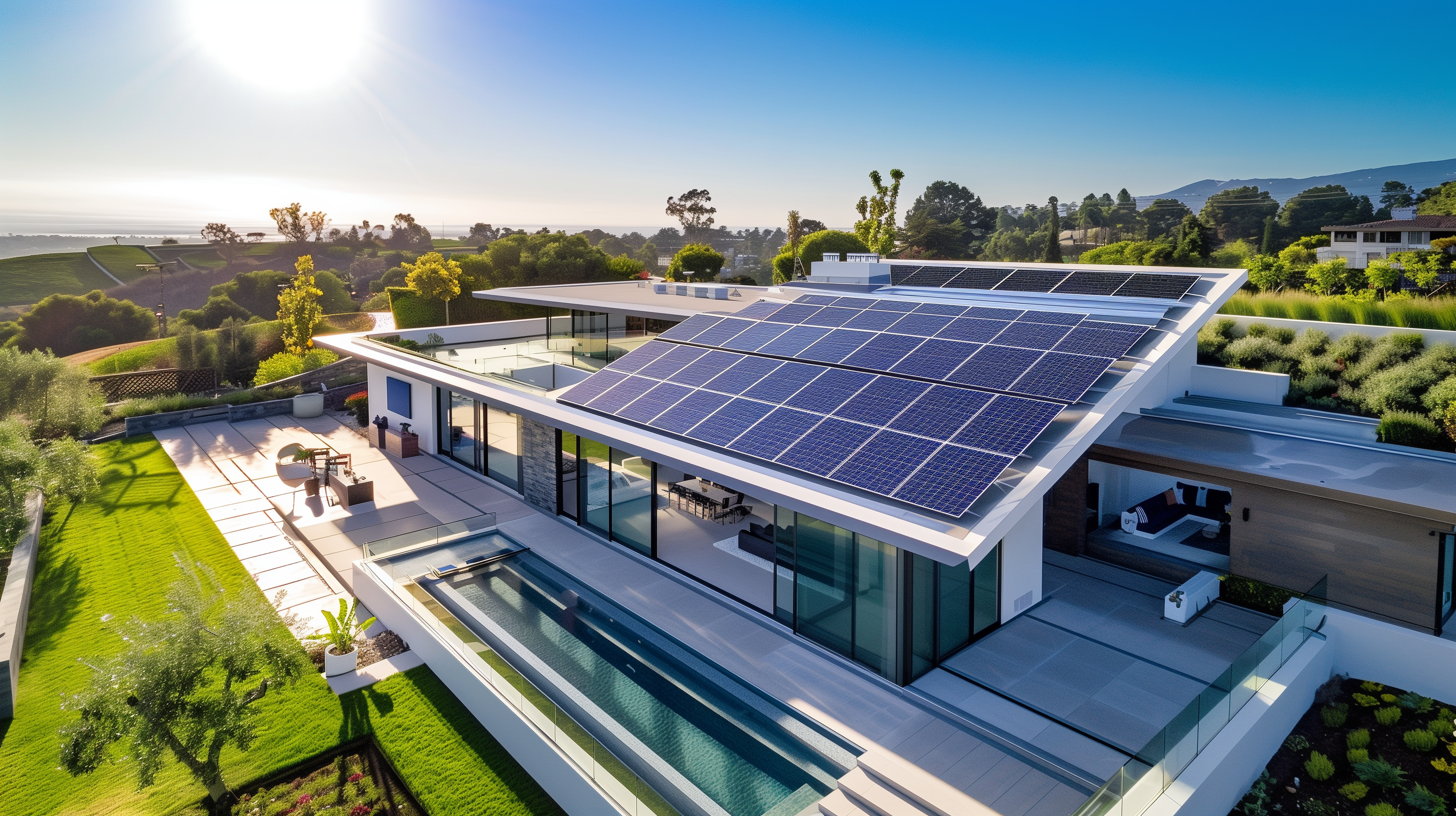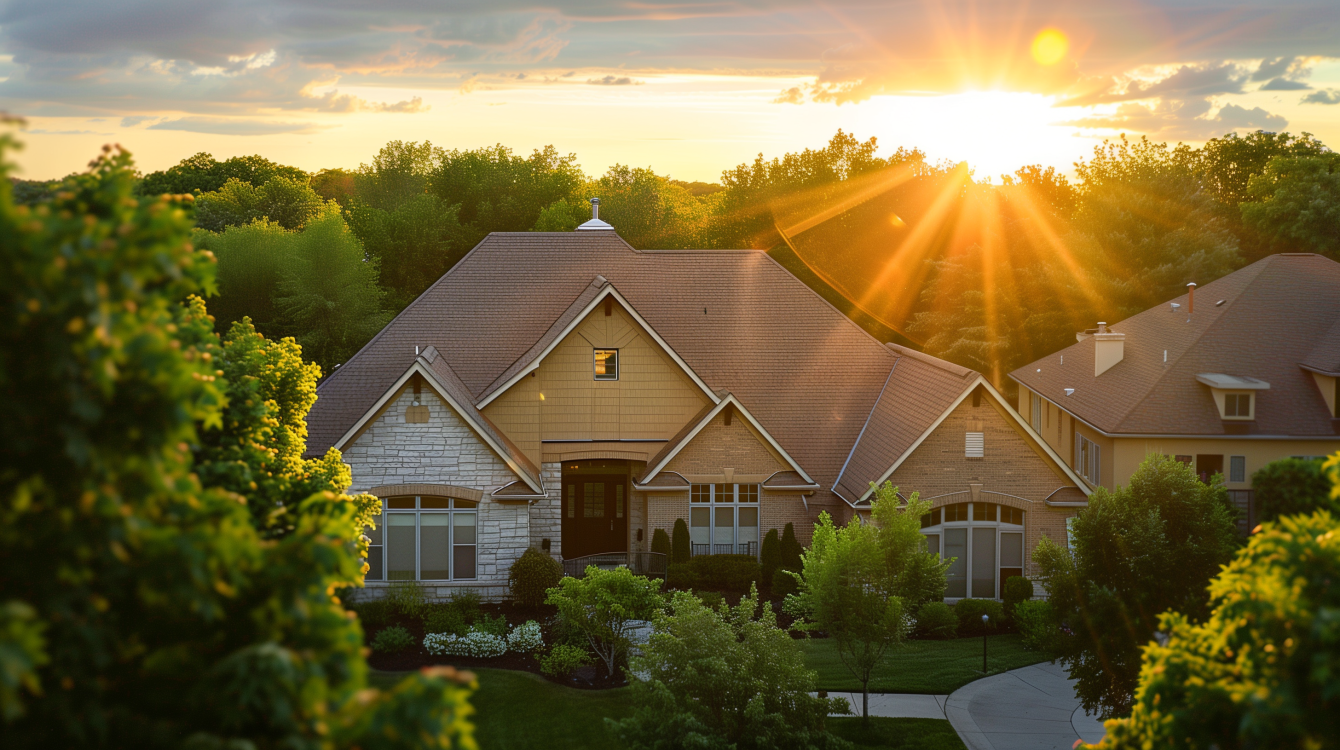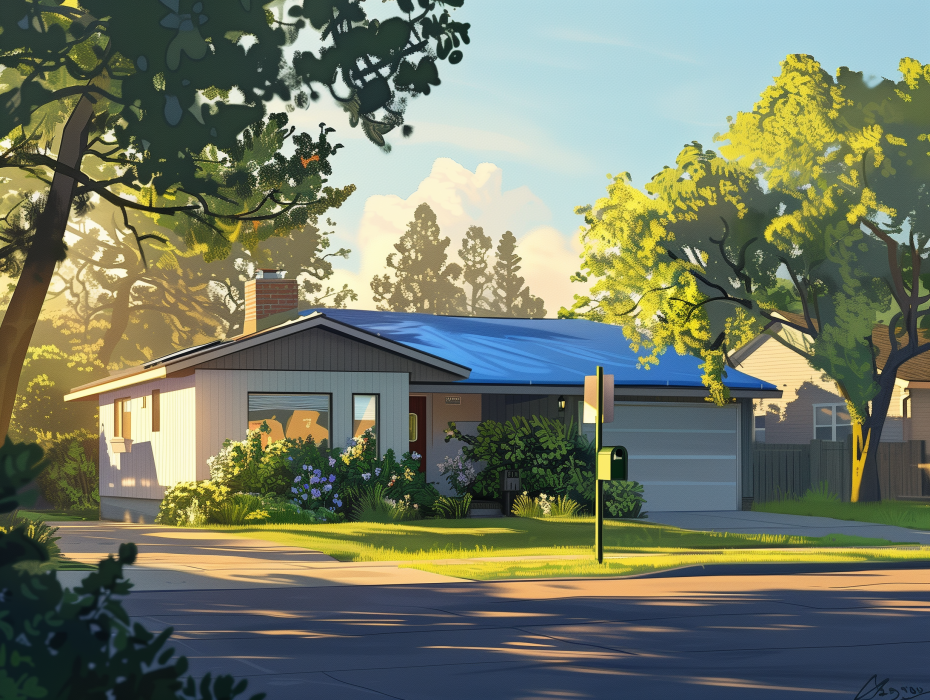Comprehensive Roofing Solutions for Illinois Homeowners
As a homeowner in Illinois, ensuring that your roof is in top condition is crucial for protecting your home against the region’s diverse weather conditions. From harsh winters to stormy summers, your roof needs to be resilient and well-maintained. This guide covers everything you need to know about roofing in Illinois, from materials and installation to maintenance and compliance with local building codes.
Understanding Roofing Materials Suitable for Illinois Weather
Choosing the Right Roofing Materials
Selecting the appropriate roofing materials is critical to withstand Illinois’s variable climate. Common options include:
- Asphalt Shingles: Popular due to affordability and durability.
- Metal Roofing: Known for longevity and resistance to extreme weather.
- Clay and Concrete Tiles: Excellent for insulation but heavier and may require reinforced roof framing.
- Wood Shingles and Shakes: Provide a natural look but require more maintenance and have a shorter lifespan.
- Slate: Extremely durable but expensive and heavy.
Pros and Cons of Popular Roofing Materials
- Asphalt Shingles:
- Pros: Cost-effective, easy installation, variety of styles.
- Cons: Shorter lifespan, may not hold up well under severe weather.
- Metal Roofing:
- Pros: Long-lasting, energy-efficient, weather-resistant.
- Cons: Higher initial cost, can be noisy during rain.
- Clay and Concrete Tiles:
- Pros: Great insulation, durable.
- Cons: Expensive, heavy.
- Wood Shingles and Shakes:
- Pros: Natural appearance, good insulation.
- Cons: High maintenance, shorter lifespan.
- Slate:
- Pros: Very durable, low maintenance.
- Cons: Very expensive, heavy.
Ensuring Success with Your Roofing Project
Steps to a Successful Roofing Project
- Inspection and Assessment: Regular inspections to identify and address issues early.
- Quality Materials: Investing in high-quality materials that suit Illinois weather conditions.
- Professional Installation: Hiring experienced, certified contractors to ensure proper installation.
- Regular Maintenance: Routine maintenance to extend the roof’s lifespan and performance.
Climate Considerations for Illinois Roofs
Roofing Challenges in Illinois Climate
Illinois experiences a wide range of weather conditions, from heavy snow and ice in winter to thunderstorms and high winds in summer. Key considerations include:
- Snow and Ice: Ensure your roof can handle the weight of snow and has proper insulation to prevent ice dams.
- Wind Resistance: Choose materials and installation techniques that enhance wind resistance.
- Waterproofing: Effective waterproofing to prevent leaks during heavy rains.
Compliance with Building Codes and Standards
Roofing Compliance in Illinois
Adhering to local building codes is essential for safety and legality. Important codes and standards include:
- IRC (International Residential Code): Ensures structural integrity and safety.
- IBC (International Building Code): Covers all aspects of building construction, including roofing.
- ASTM Standards: Key standards such as ASTM D7158 for wind resistance of asphalt shingles.
Key Compliance Points
- R905.2.2: Ice barrier requirements for roof edges.
- R905.2.4.1: Nailing requirements for asphalt shingles.
- R905.10: Requirements for metal roof panels.
Conclusion
Ensuring your roof is well-maintained and compliant with local codes is vital for protecting your home and investment. Regular inspections, quality materials, professional installation, and adherence to building codes will help you achieve a durable and efficient roofing system.
For immediate service or consultation, you may contact us at Allied Emergency Services, INC.
Contact Information:
Phone: 1-800-792-0212
Email: Info@AlliedEmergencyServices.com
Location: Serving Illinois, Wisconsin, and Indiana with a focus on the greater Chicago area.
If you require immediate assistance or have specific questions, our human support is readily available to help you.
Disclaimer: This article is intended for informational purposes only. For professional advice, consult experts in the field.
